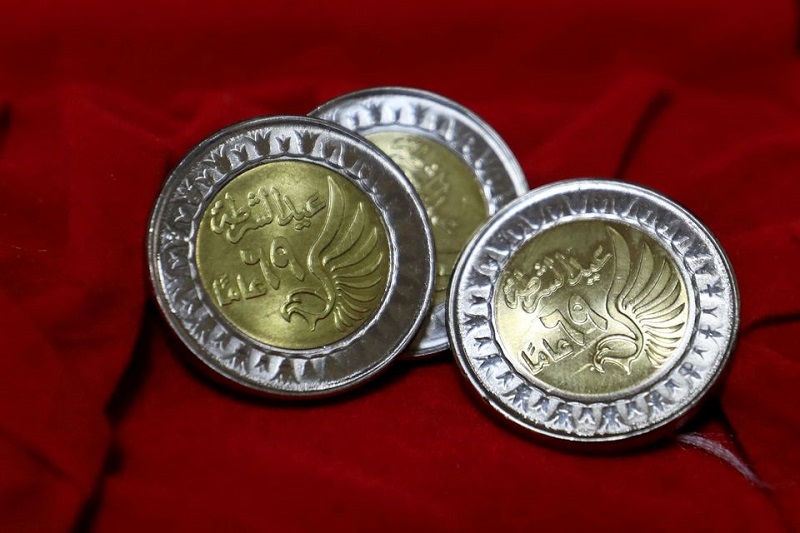Nuscale Power earnings missed by $0.02, revenue fell short of estimates
Investing.com -- Egypt’s headline inflation rate showed a slight decrease to 24.0% year on year (y/y) in January, a small dip from December’s reading of 24.1% y/y.
This rate is higher than both the forecast by Capital Economics (23.0% y/y) and the maximum consensus range (23.8% y/y). The slight decrease in inflation is attributed to earlier drops in the pound beginning to fall out of the annual price comparison.
The data breakdown revealed that a further slowdown in non-food inflation was counterbalanced by stronger food and beverages inflation.
Food and beverages inflation increased for the first time in eight months, reaching 20.8% y/y, primarily due to an increase in the inflation of meat, fruits, and vegetables. On the other hand, non-food inflation eased to 25.5% y/y last month, marking its weakest pace in a year.
Except for clothing and health components, all other non-food components of the Consumer Price Index (CPI) basket experienced weaker inflation last month.
Capital Economics anticipates that the headline rate will decline sharply in February due to the earlier falls in the pound falling out of the annual price comparison.
However, inflation is expected to remain above the Central Bank of Egypt’s (CBE) inflation target range of 7±2%. By April, inflation is predicted to slow back to a single-digit pace.
The CBE has indicated its intention to initiate the monetary easing cycle, and a rate cut seems imminent. The first rate cut is currently expected in April, but the possibility of the process starting in two weeks is not being ruled out.
Capital Economics is forecasting a total of 1,600 basis points of reductions this year, which would bring the overnight deposit rate down to 11.25%. This forecast is significantly lower than the consensus forecast of 15.00%.
This article was generated with the support of AI and reviewed by an editor. For more information see our T&C.
